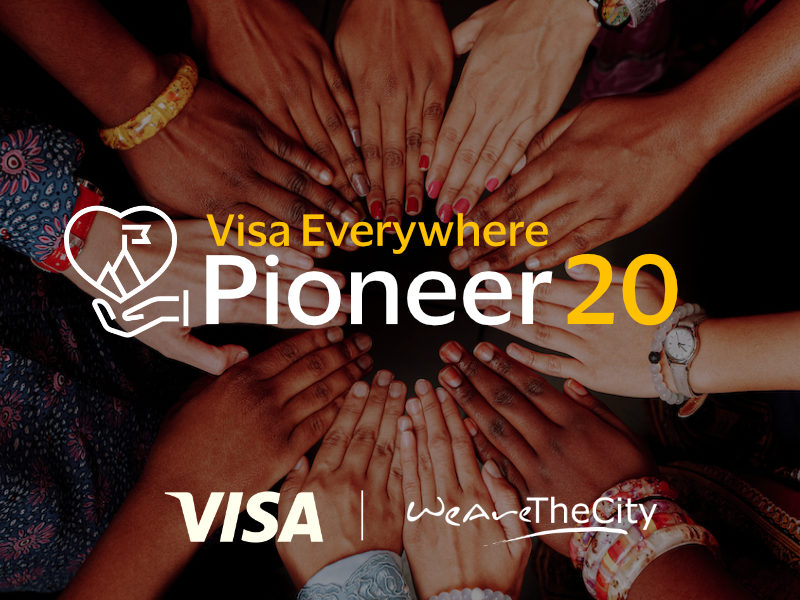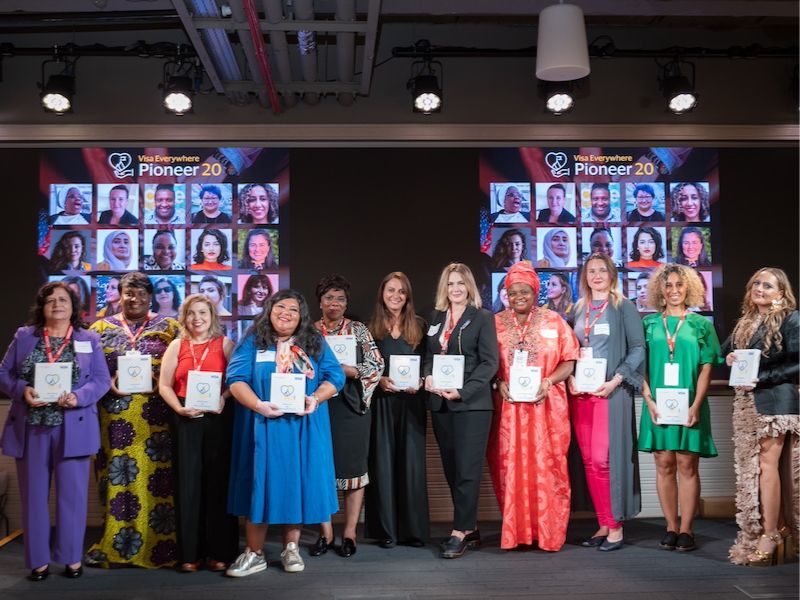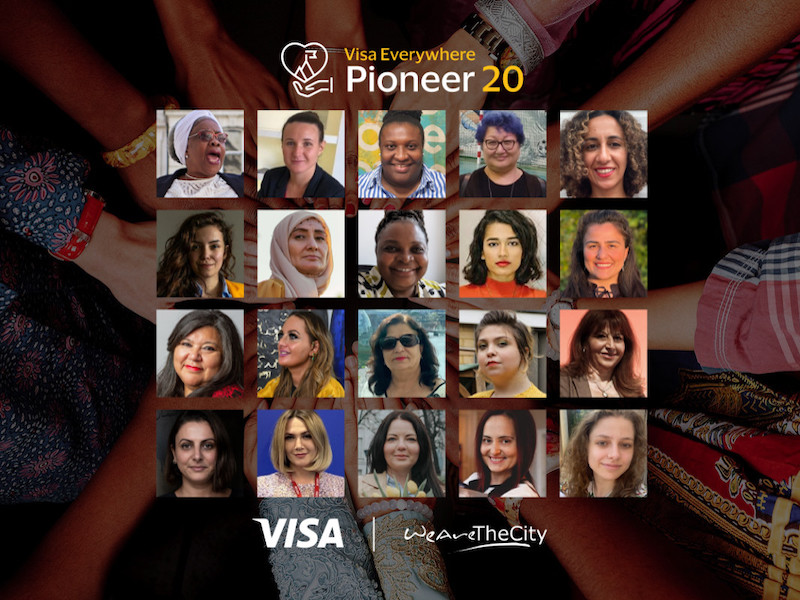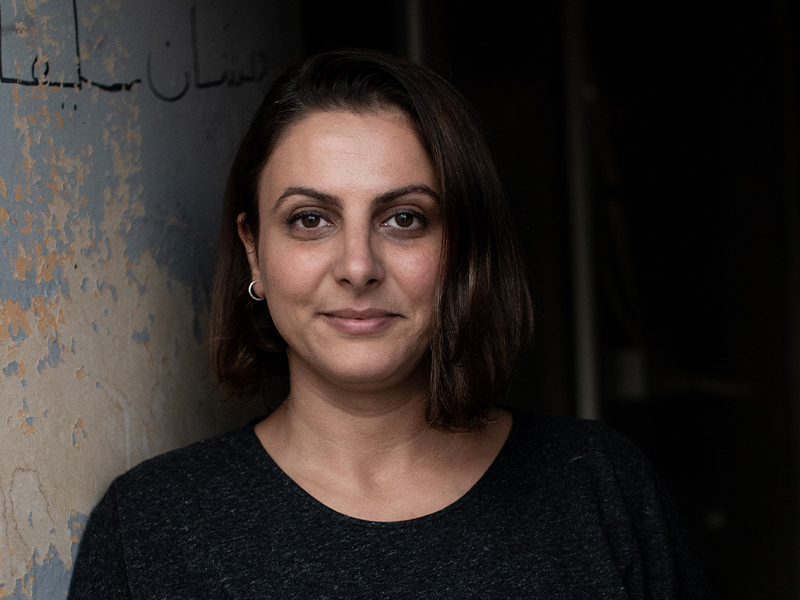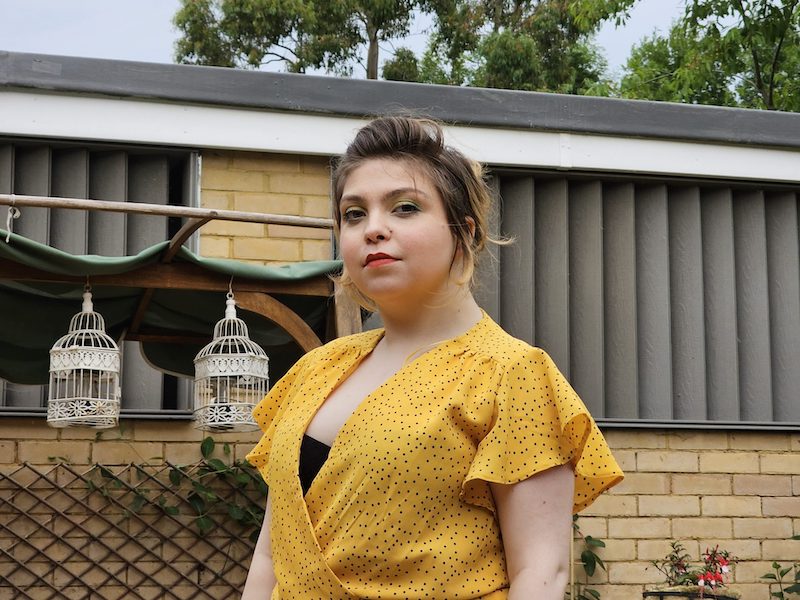
Sheyda is a woman of remarkable resilience, imagination and leadership. Her journey in over a decade since we met her is not just one of transformation, but of becoming a role-model for hundreds of young people in similar situations
We at Pan Intercultural Arts first met her as a teenager when she was in the care of the Medical Foundation for the Care of Victims of Torture (now Freedom from Torture). On their recommendation she started attending our weekly creative sessions for young adult refugees and asylum seekers.
She says she found these sessions at least as effective as the therapy she was having, and she transformed quickly from a timid girl to a strong young woman. At this time, she still had extreme flashbacks whenever she saw the colour pink (linked to her trauma) and her explanation with the generous understanding of the rest of the group, helped her slowly find a way to live with this.
She was clearly very creative in a community where creativity is often reduced by trauma and PTSD
She was clearly very creative in a community where creativity is often reduced by trauma and PTSD, and actively encouraged others to reclaim their creativity. Her natural energy and refusal to give in made her a peer role model for others.
She left the group temporarily to study for a degree in Human Rights but stayed in touch and quickly returned. Back with us she started writing poetry, performing one alongside Lord Alf Dubs; she started making short films and trained others in camera work, scripting, and performance. She never stopped.
It was only at this time that we realised her vivid life force was in spite of yet another factor. She had an extremely serious heart condition, having undergone five open-heart surgeries and, as it worsened, she frequently experienced fits for which urgent hospitalisation was needed. She was told she only had a short time to live, and that the next crisis could kill her. That was over a decade ago and she still lives every day as if her last. It is an example to all of us.
When most members of our theatre and creative groups move on in their lives but Sheyda asked if she could stay and train with us to be a facilitator in arts for social change. We were delighted and in fact this action started a trend which now sees over half our artist-facilitators being past participants.
She moved through being a peer mentor, helping with logistics in our sessions, to a peer facilitator, helping run and develop exercises and drama games to enable young people to enjoy their imagination, own their ideas and share their work with friends, carers and members of the public. This was through an apprentice style training, learning from other expert artist-facilitators in Pan’s ground-breaking work. Sheyda, however, had something others did not – she brought the knowledge of participants’ situations through her own lived experience. Sheyda had been through the deracination of the refugee, she had struggled with language and culture, she had faced the labyrinths of the Home Office, she had lived in a detention centre awaiting deportation only to be reprieved on health grounds after a collapse on the way to the plane. Sheyda also knew about how young refugees could access education, housing, health care and, finally claiming UK citizenship.
All of these made her a different type of leader and soon she became a paid freelance member of our team. As a paid artist she worked in our Fortune group for young adult refugees and became an expert in physical and vocal expression, improvisation and video-making.
Before long she was made a joint project director in this group, planning year-long programmes and coaching and counselling participants who all absorbed some of her energy, confidence and positivity.
About 20 months ago Sheyda, now also a single mum, was leading a taster session for our work in a London ESOL college. She noticed a small group of hijab wearing young women who were very eager in the exercises, but when invited to attend our weekly Thursday evening sessions, said that there was no way they could come. These were some of the newly arrived Afghan refugees, flown into the country by the UK government and living in (cramped) hotel accommodation. Their fathers and brothers would not let them be out in the evenings and certainly not in a mixed gender and mixed faith group.
Sheyda’s first language is Farsi which is virtually identical to Dari, the language of these young women and they told her they felt stifled and desperately needed an outlet for their energies and somewhere they could learn about UK culture.
She called me that evening to ask if there was any way we could help and run sessions for them. These would have to be in spaces where they could not be observed form outside and which did not clash with prayer times.
Together we wrote an outline to pilot test this idea and budgeted carefully. Within 48 hours we had raised more money than needed from funders and were able to start a 10-week pilot. Sheyda recruited two other female facilitators, one was another past participant from Fortune and Muslim, the other was another Farsi/Dari speaker. With typical drive Sheyda took on the leadership of this group and it was running within two weeks of first meeting the participants. The group chose the name Papillon, a loan word from French which is used frequently for women’s movements and issue groups.
Papillon moved from London to Crawley when the government shifted them. Membership has grown and Sheyda has now enabled young mothers to join by establishing a creche. As a man I cannot attend the sessions, but my colleagues report the sessions are joyous and productive. In the safe space hijabs are removed and poetry, photo-narratives and scenes are created, challenges discussed, and Sheyda has given rich opportunities to some of the very few Afghan young women in the world who are free to learn and prosper.





